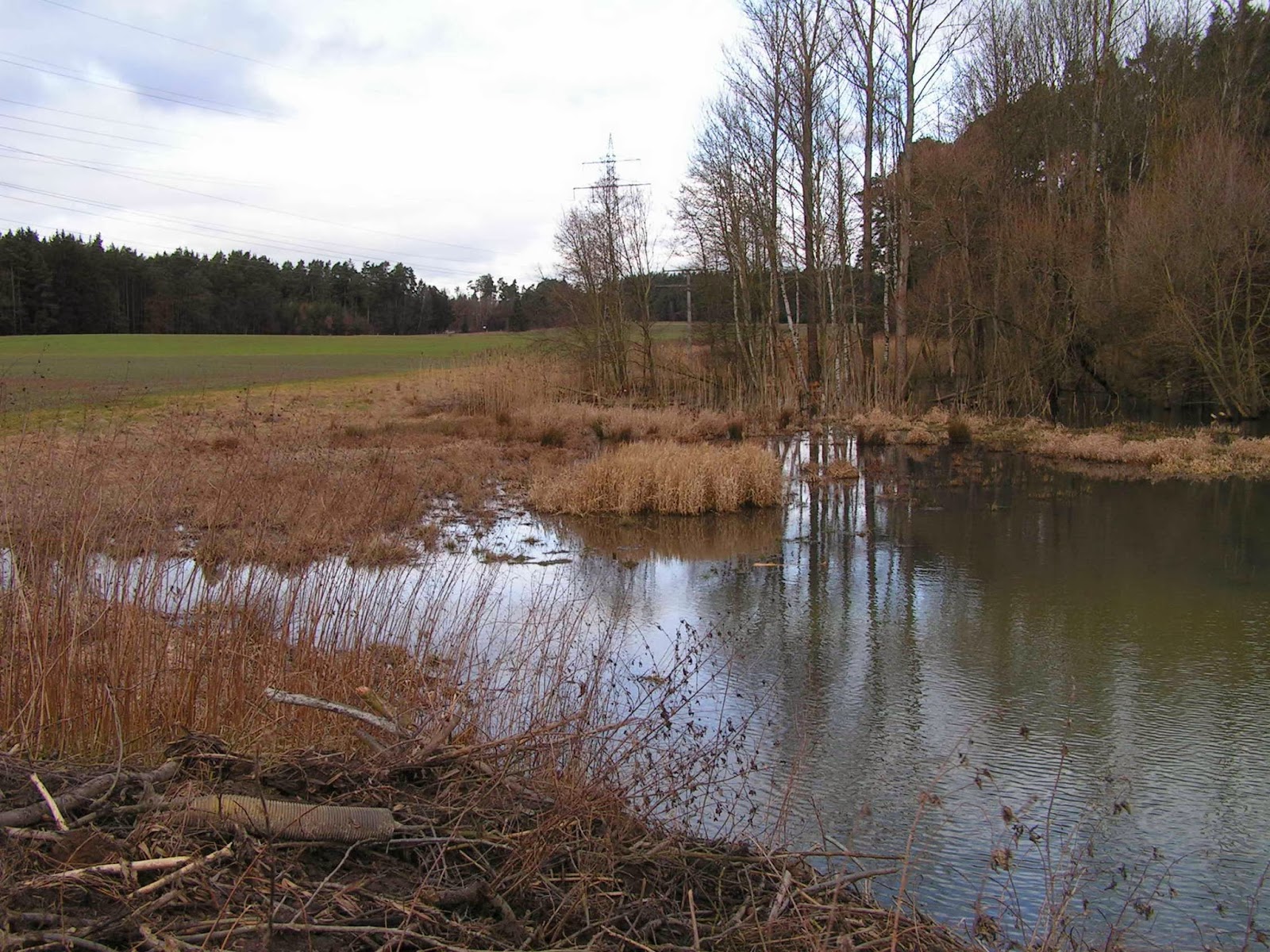Scotland's £100 Million Conservation Gamble: A Green Mirage for Rent Seekers
Scotland’s recent announcement to raise over £100 million through private investment while abandoning grants for nature restoration projects, as reported by The Guardian, may at first glance seem a bold and progressive step towards environmental conservation. In reality, it risks becoming yet another mechanism to enrich the affluent while burdening future generations with insurmountable costs.
Many conservationists rightly point to the destruction wrought by commercial forestry—stripping valuable habitats such as peat bogs, releasing vast amounts of CO₂ from our soils into the atmosphere, and accelerating climate change—as the main culprit. These are indeed symptoms of the perverse incentives embedded within our current economy and regulatory landscape. But the issue runs far deeper than mismanaged forestry or carbon leakage.
At its core, this policy is a textbook case of rent-seeking. It invites speculative finance—much of it from American institutions—to carve up our natural heritage, monetising wildlife, ecosystem services and even the promise of a healthy future. Our politicians, whether inf the face of Trump or Biden, or any other previous administration, have proven enfeebled and obedient to these transatlantic rent-seekers. Behind the green branding lurks a darker reality: an economic model designed to “rent” Britain’s environment back to its own people, enriching corporate landlords while impoverishing us and our children for generations to come.
https://www.theguardian.com/uk-news/2025/sep/30/naturescot-private-investment-conservation
The reliance on private investors—such as banks, pension funds, and asset managers—introduces a profit-driven motive into conservation efforts. As highlighted by Future Economy Scotland, this model is inefficient and inadequate for tackling the climate and biodiversity crises. Investors prioritise financial returns over ecological outcomes, often directing projects in ways that do not align with the urgent needs of ecosystems. Moreover, the focus on carbon credits and other market-based mechanisms frequently overlooks the intrinsic value of nature and the necessity for comprehensive, long-term restoration efforts.
This approach aligns with the critiques I have explored in my recent blog posts, where I argue that funding conservation through market-based approaches is not only inefficient but counterproductive. The fundamental flaw in our economy is that the neoliberal elite consensus systematically ignores monopoly, especially the monopoly of land. Market-based conservation strategies inflate land values, siphoning vast sums into the hands of landowners, while leaving insufficient resources for genuine ecological restoration.
The solution, long advocated by Georgist economists such as Fred Harrison or Mason Gaffney, is a shift towards taxing land values and environmental externalities. By internalising the true costs and benefits of nature, we can create a genuine free market—one that accounts for monopoly and externalities rather than perpetuating false markets that are inefficient and exploitative. In this sense, the true “free market fundamentalist” is the reformer who advocates for land value taxation, while current government schemes merely enrich the few under the guise of market efficiency.
Implementing a Land Value Tax would incentivise landowners to use land more efficiently, discourage speculative hoarding, and allow for rewilding initiatives. Land without productive economic potential would become accessible to wildlife charities and conservationists, dramatically lowering the cost of restoring nature. Meanwhile, the rural economy would flourish, freed from burdensome income taxes, with the real tax burden falling instead on urban landowners who benefit most from scarce land.
The current government approach, involving subsidies to landowners, compounds the problem. These subsidies reward landowners for maintaining the status quo rather than holding them accountable for environmental harm. Redirecting these funds toward community-led conservation efforts and ensuring compliance with sustainable practices would create far more meaningful ecological outcomes.
In conclusion, while private investment in conservation may provide short-term financial support, it fails to address the systemic issues driving environmental degradation, land and natural resource preservation or efficiency. A comprehensive approach—including Land Value Taxation, the removal of barriers caused by inflated land prices, and the empowerment of community-led initiatives—is essential for achieving genuine, lasting ecological restoration. Only by aligning economic incentives with ecological needs can we ensure that the natural world is preserved for future generations, rather than siphoning resources to the wealthy few.




Comments
Post a Comment